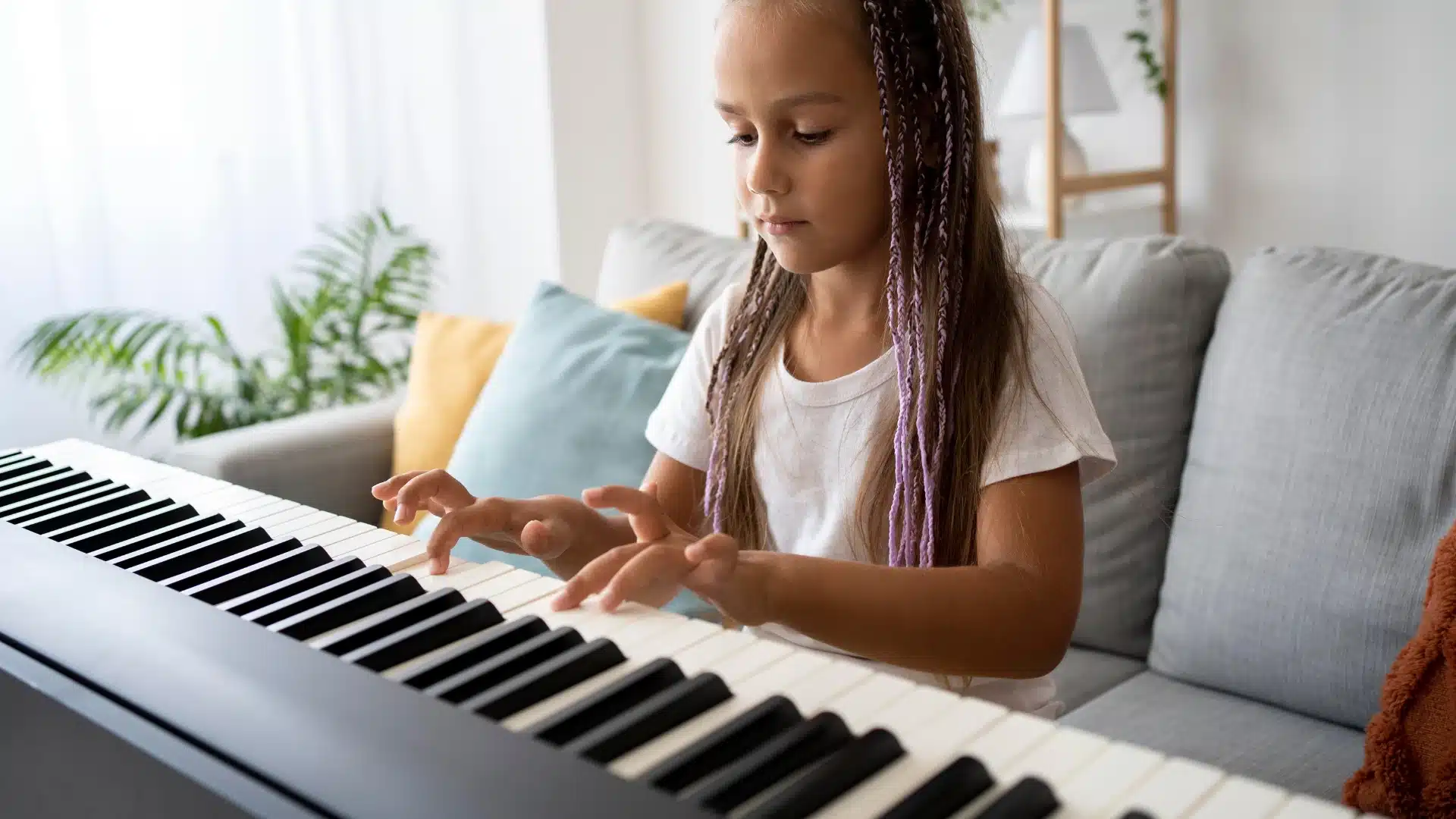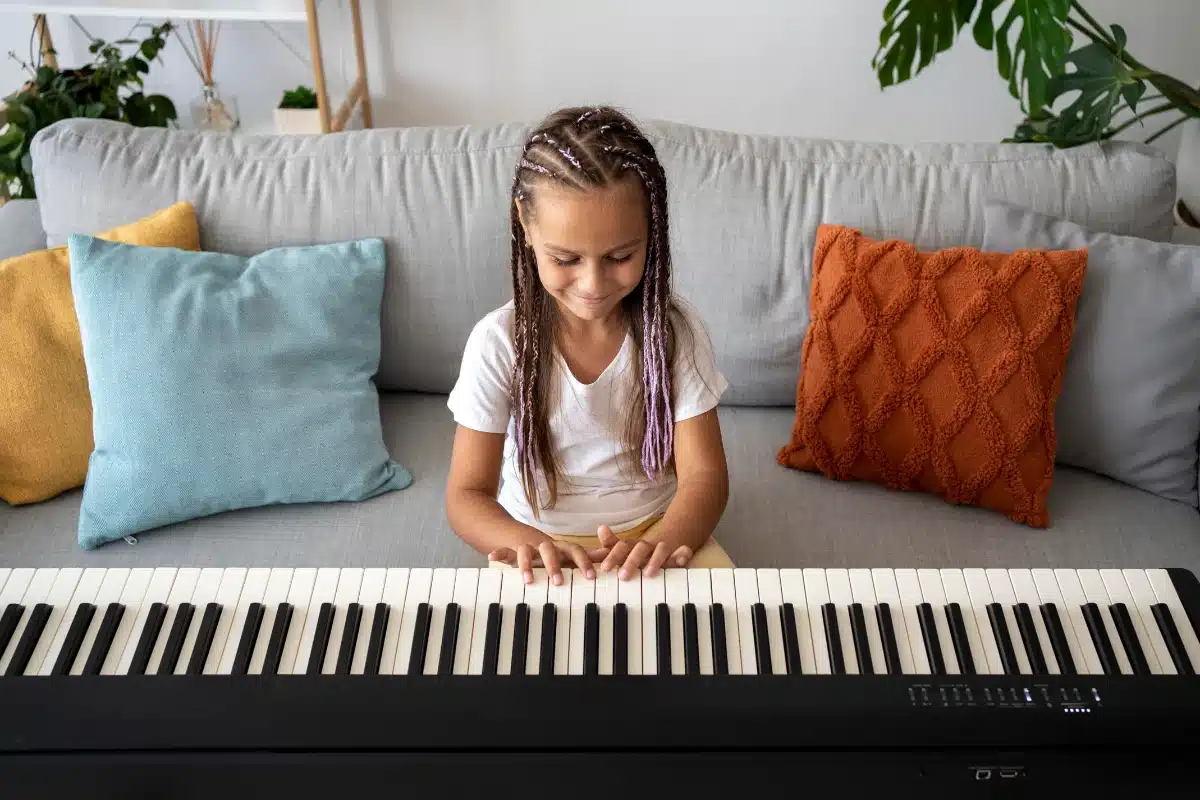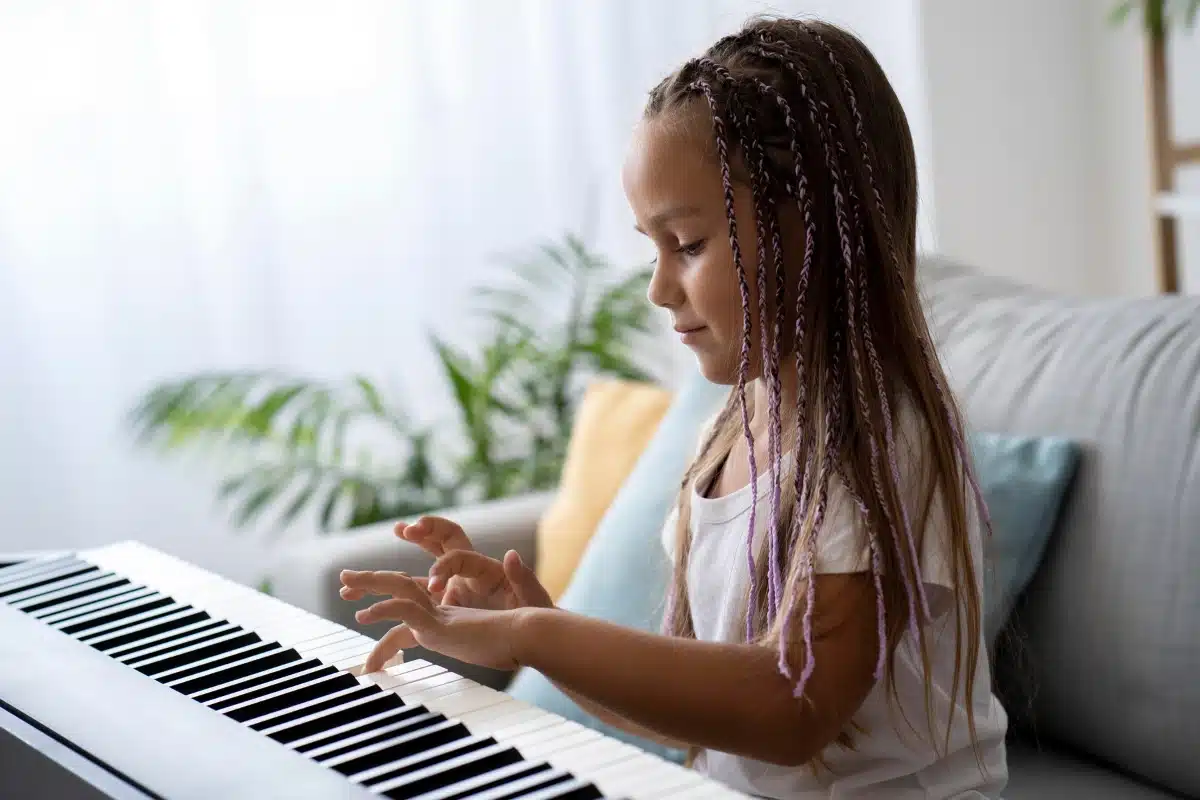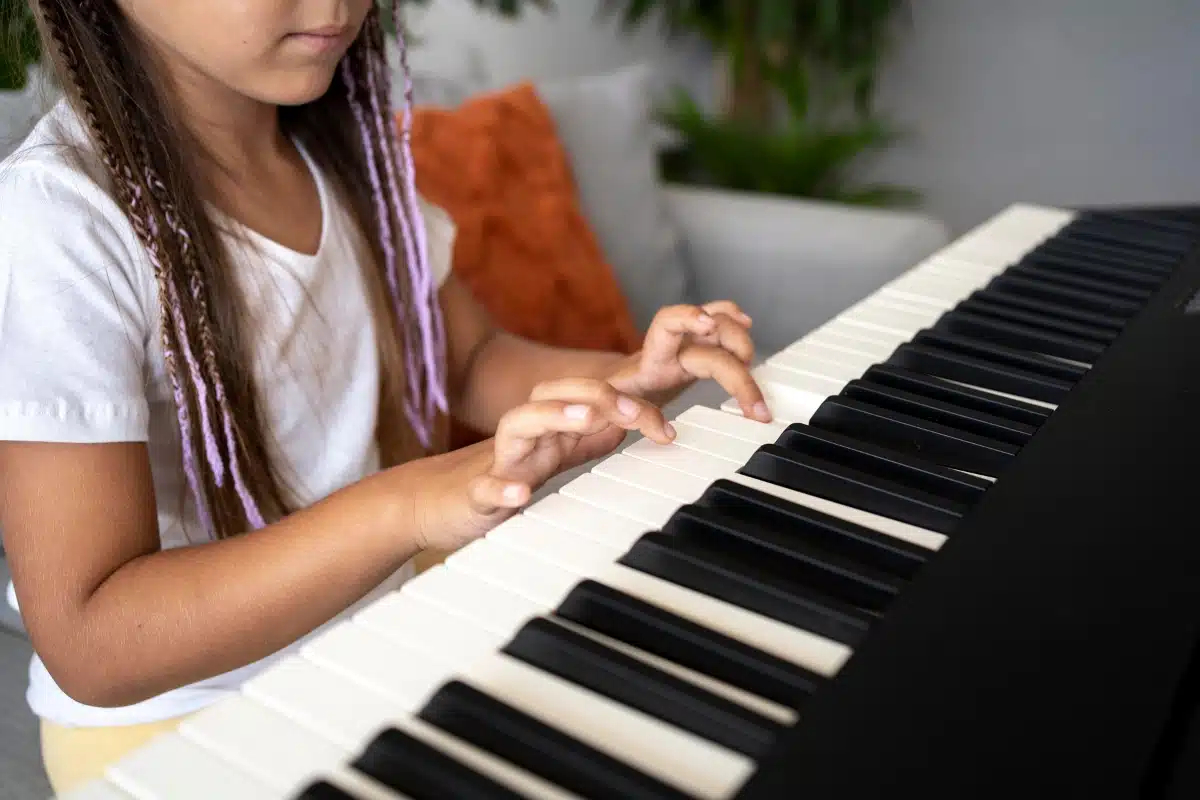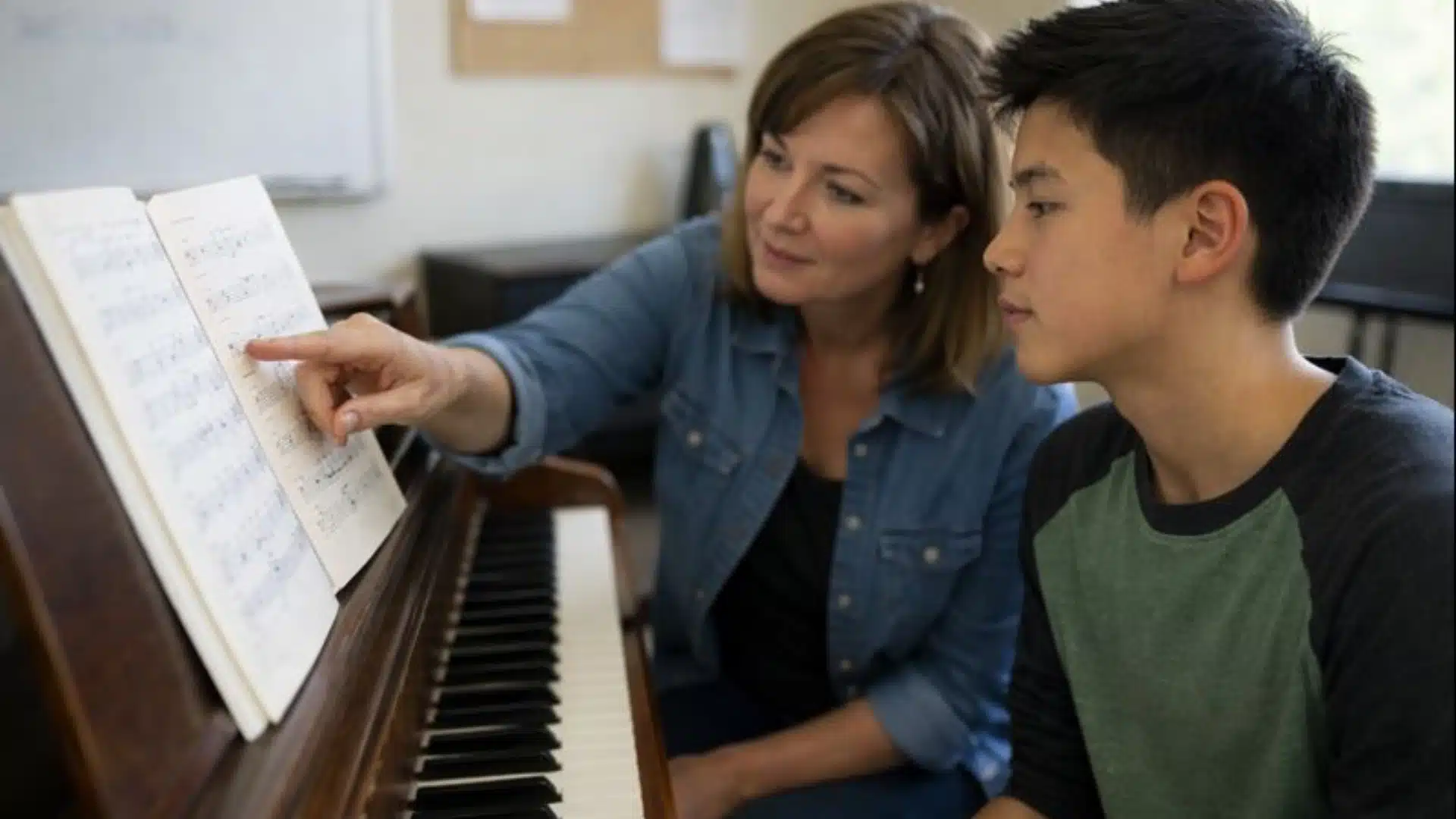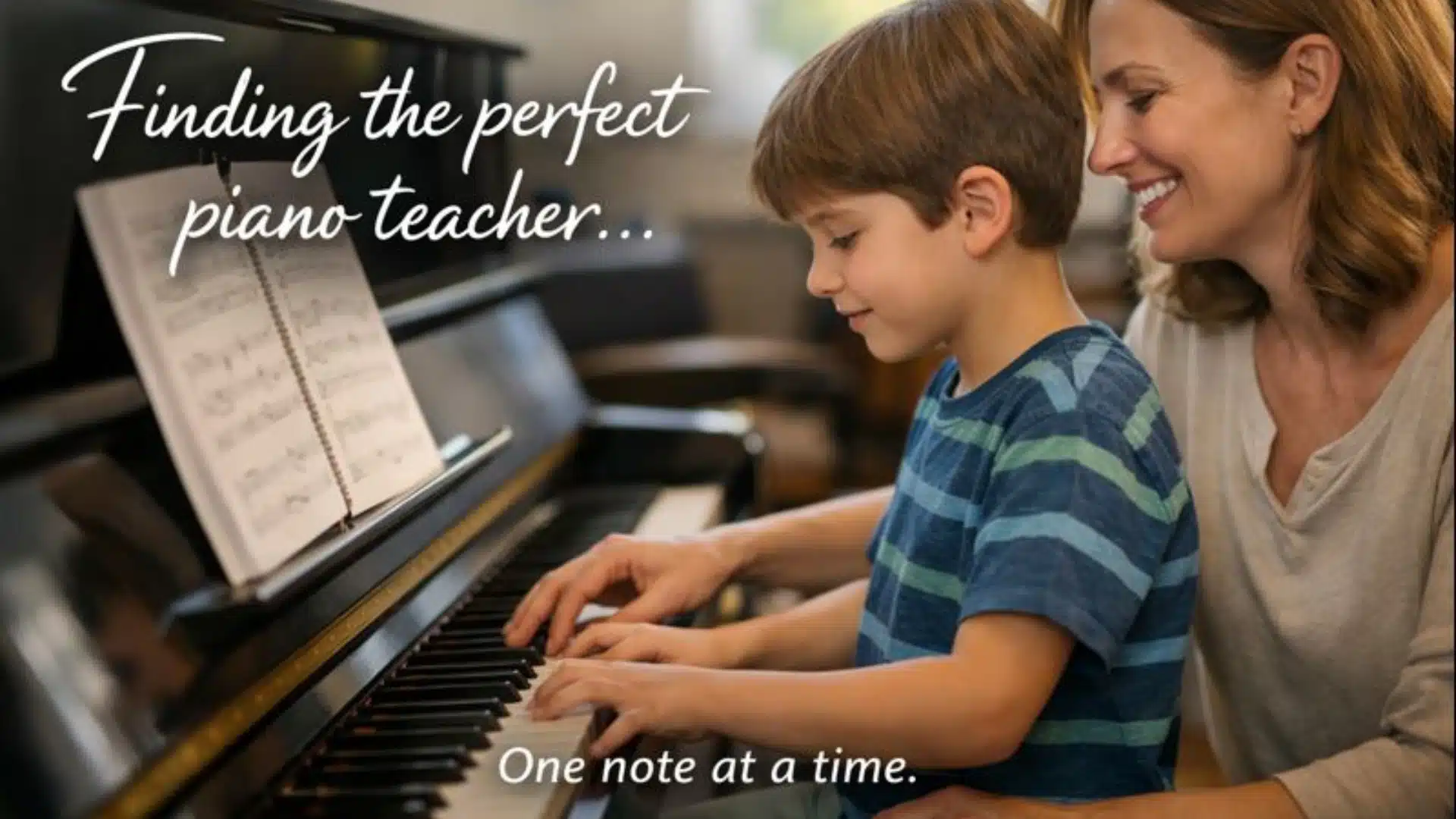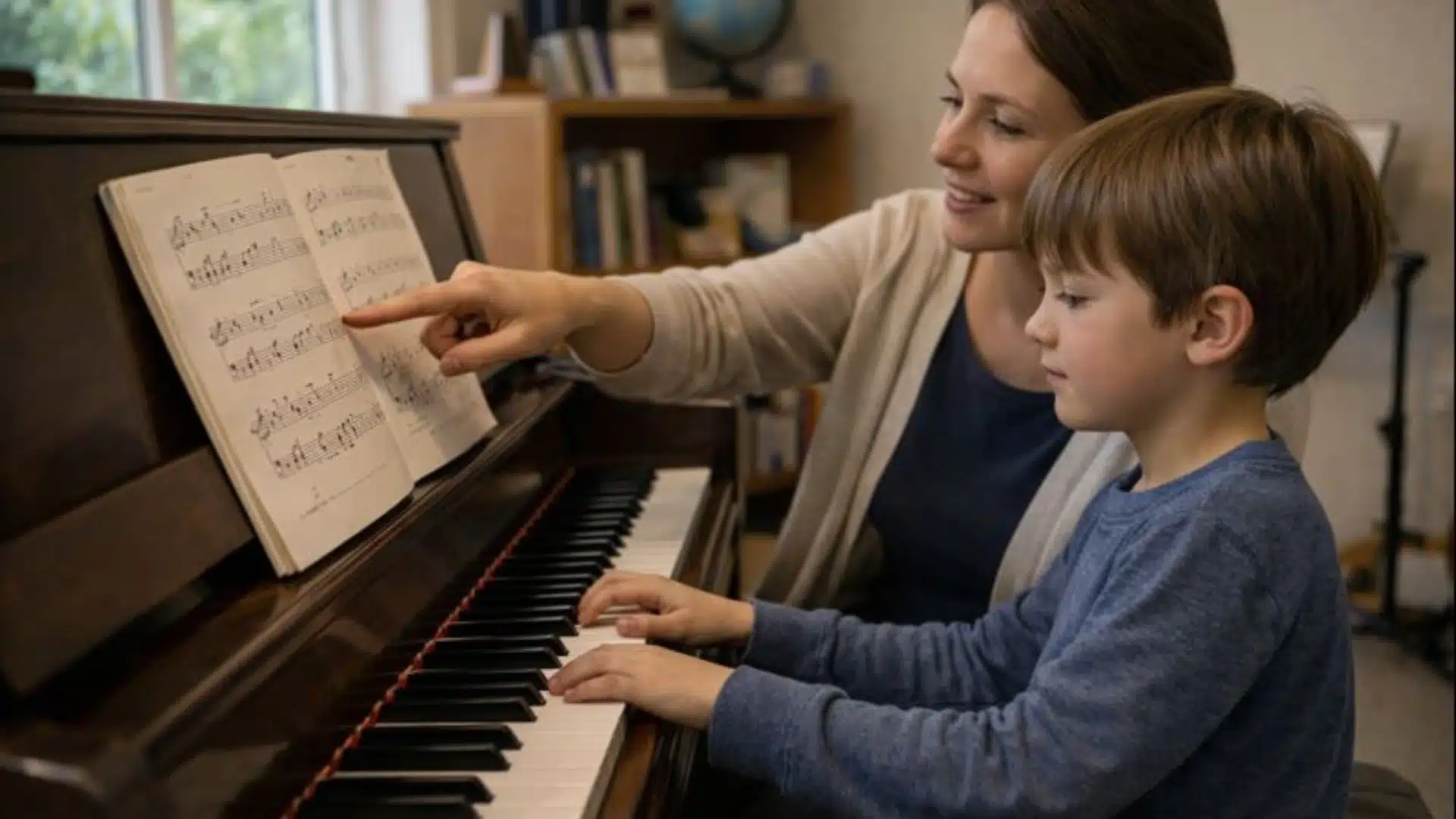Learning to play the piano is more than just a hobby; it’s a journey that can shape a child’s creativity, discipline, and confidence. If you’ve ever wondered how to start your little one on this musical path, you’re in the right place. In this comprehensive guide, we’ll dive into everything you need to know about piano lessons for kids, from the best age to begin teaching at home, and the benefits your child can reap along the way. Plus, we’ll share tips on finding the right Music school in Vancouver to ensure your child thrives musically.
Why Piano Lessons for Kids Are a Great Idea
You might ask, Why piano? Well, the piano is often considered the foundation for understanding music. Unlike other instruments, it provides a visual and tactile connection to music theory, making it ideal for children. Learning piano can enhance a child’s:
- Cognitive development
- Hand-eye coordination
- Memory and concentration
- Emotional expression
And let’s be real, seeing your child confidently play a tune is priceless. Honestly, it’s one of those milestones that brings genuine pride to parents and joy to kids alike.
The Best Age to Start Piano Lessons for Kids
So, when is the best age to start piano lessons for kids? While there’s no one-size-fits-all answer, most experts suggest ages 4 to 7. At this stage, children have developed enough motor skills and attention span to grasp basic musical concepts. However, younger children can still benefit from early exposure through musical games and simple rhythm exercises.
Older children can also start and progress quickly, but early lessons often provide a longer runway for skill development and musical fluency.
Choosing the Right Piano for Your Child
Before lessons begin, having the right piano or keyboard at home is crucial. Here’s what to consider:
- Full-size keyboard: 88 keys is ideal, but smaller keyboards work for beginners.
- Weighted keys: Helps develop proper finger strength.
- Touch sensitivity: Responds to dynamics, encouraging expressive playing.
- Digital vs acoustic: Digital pianos are quieter and more affordable; acoustic pianos offer richer sound and resonance.
Even a modest digital keyboard can be a great starting point for a beginner.
How to Teach Kids Piano at Home
Many parents wonder, “Can I support my child’s piano journey at home?” Absolutely! Here are practical tips to get started:
- Set a consistent practice schedule– Short, daily sessions (15–20 minutes) are more effective than long, irregular ones.
- Use engaging methods– Colour-coded notes, stickers, and fun apps make learning interactive.
- Be patient and encouraging– celebrate small victories, like mastering a simple song.
- Incorporate music theory gradually– Simple concepts like note recognition, rhythm, and scales can be taught through games.
By combining lessons with home practice, you reinforce skills and keep your child motivated.
For more ideas on how to make piano learning fun and effective, please read our comprehensive guide on How to Teach Kids Piano at Home. It’s filled with creative ways to Teach Kids Piano step by step.
Benefits of Piano Lessons for Children
The benefits of piano lessons extend far beyond playing music. Here’s what your child can gain:
- Boosted academic skills: Music training has been linked to higher proficiency in math and reading.
- Improved focus and discipline: Regular practice teaches perseverance and time management.
- Enhanced creativity: Improvisation and composition encourage imaginative thinking.
- Emotional intelligence: Expressing emotions through music fosters empathy and self-awareness.
It’s truly incredible how a few minutes of practice a day can create a lasting impact on a child’s growth.
Finding the Right Music School in Vancouver
Choosing the right Music school in Vancouver can make a world of difference. Here’s what to look for:
- Qualified instructors: Experienced teachers understand child psychology and pedagogy.
- Structured curriculum: A clear progression helps kids develop skills steadily.
- Performance opportunities: Recitals and showcases boost confidence.
- Positive environment: Encouragement and fun are essential for a lifelong love of music.
Local recommendations and reviews can help you find a school that matches your child’s personality and learning style.
Understanding Different Learning Methods
Not all piano lessons are created equal. Standard teaching methods include:
Suzuki Method
- Emphasizes learning by ear and listening before reading music.
- Focuses on parental involvement.
Traditional Method
- Introduces sheet music early.
- Emphasizes technical proficiency and music theory.
Online Lessons
- Flexible and accessible.
- Best suited for theory or supplementary practice.
Each approach has pros and cons, so consider your child’s learning style when choosing a method.
Creating a Fun and Productive Practice Routine
A productive practice session doesn’t need to be long; it just needs structure:
- Warm-up exercises – Finger stretches and scales.
- New material – Introduce one small concept or piece at a time.
- Repertoire practice – Review previously learned songs.
- Creative time – Allow improvisation or composing.
- Reflection – Celebrate achievements and note areas for improvement.
Consistency is key. Even 10–15 minutes daily can yield impressive results over time.
Overcoming Common Challenges in Piano Lessons
Learning piano isn’t always smooth sailing. Common challenges include:
- Short attention spans– keep sessions interactive and playful.
- Frustration with mistakes– Encourage patience and celebrate small wins.
- Motivation dips– Introduce favourite songs or fun duets.
Remember, every child progresses at their own pace. The goal is enjoyment and confidence, not perfection.
How to Encourage Long-Term Musical Growth
Want your child to stick with the piano for years? Here’s how:
- Set realistic goals– Short-term achievements keep motivation high.
- Celebrate milestones– Recitals, certificates, and rewards matter.
- Introduce ensemble play– Duets or group classes enhance social skills.
- Stay involved– Show genuine interest in their progress and practice sessions.
When children feel supported, they’re more likely to develop a lifelong love for music.
Combining Piano with Other Skills
Playing piano isn’t just about music; it complements other aspects of development:
- Math skills: Rhythm and counting help with numeracy.
- Language skills: Reading sheet music improves comprehension.
- Memory: Memorizing pieces strengthens cognitive function.
- Teamwork: Participating in group lessons fosters cooperation.
Honestly, it’s incredible how much a simple instrument can enrich a child’s mind.
Inspiring Stories: Kids Who Thrived Through Piano
Consider Emma, a 6-year-old who started piano lessons at a local Music school in Vancouver. Initially shy, she quickly gained confidence performing at school concerts. Her parents noticed improvements not only in music but also in her focus and patience. Stories like Emma’s highlight how piano lessons for kids can impact life far beyond the keyboard.
Practical Tips for Parents
- Create a dedicated space– a quiet, distraction-free area for practice.
- Encourage exploration– Let kids experiment with composing or improvising.
- Attend performances– Support from family makes a huge difference.
- Keep communication open– Talk to teachers about progress and challenges.
Your involvement can significantly shape your child’s experience and enjoyment.
Conclusion
Piano lessons are more than just music training; they’re an investment in your child’s development, confidence, and creativity. Starting at the right age, providing support at home, and finding the ideal Music school in Vancouver can set your child on a path of musical and personal growth. From boosting cognitive skills to nurturing emotional intelligence, the benefits of piano lessons for children are truly remarkable. So, whether your little one dreams of performing on stage or simply enjoys playing, now is the perfect time to start their musical journey.
Ready to give your child the gift of music?
Explore piano lessons for kids today and watch them flourish in ways you never imagined! Visit us on Google Maps to easily find Music Star Learning Center, meet our friendly teachers, and book your free trial lesson right here in Vancouver.

